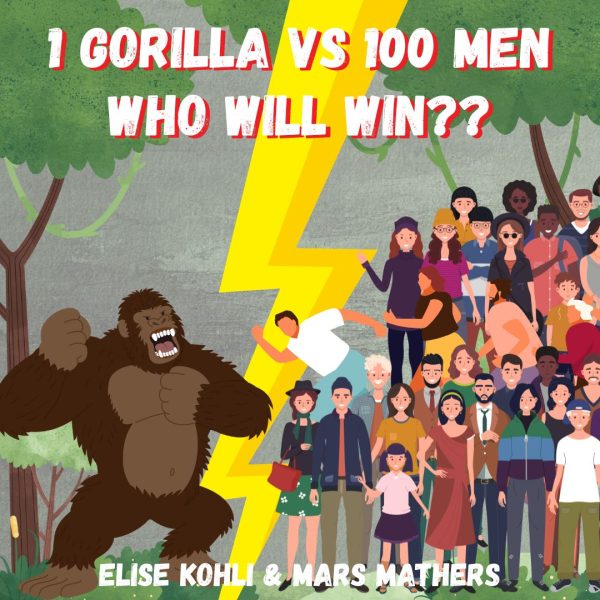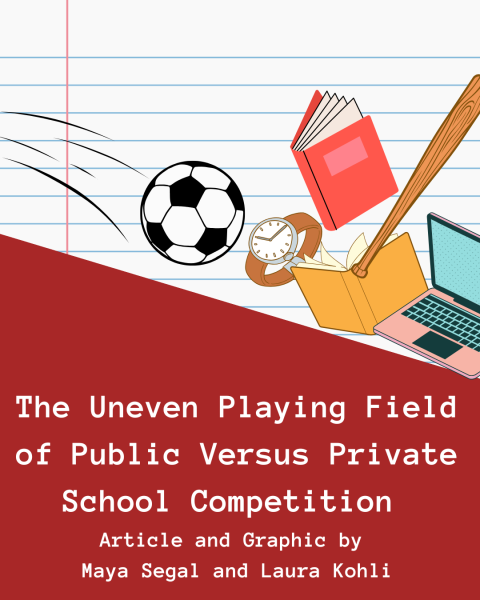Answering your Questions about the Russian Invasion of Ukraine
Questions were submitted by Enloe High School students on the Eagle’s Eye Instagram (@enloeeagleseye)
Note this article is based on an analysis of the situation by the author of the article; this is not a concrete news article.
Why is conflict even happening?
There is a lot of complexity behind the Russian aggression towards Ukraine, with President Putin making claims of Russophobia, Nazism (despite Ukraine’s Head of Government and State being Jewish), decommunization (the process of removing the history of communism in Ukraine), and the possibility of Ukraine joining NATO (North Atlantic Treaty Organization).
In particular, the notion of Ukraine joining NATO is seen as the most prominent cause for invasion by Russia as the organization’s anti-Russian roots and nuclear sharing missions appear to threaten the country’s sovereignty. Some see the rumored goal of “government change” as falling into this reason and the previous set as the Russian Government could be attempting to replace the current administration with one that is Pro-Russia and Anti-NATO.
Another possible reason for Russia invading Ukraine is creating a modern Soviet Union; as said by President Putin, “Above all, we should acknowledge that the collapse of the Soviet Union was a major geopolitical disaster of the century.” Putin himself was a KGB spy, and although many political scientists view the statement with disagreements in regard to intent, it should be noted that the influence of Russia over former Soviet states has expanded recently. We can see this with Russia sending troops to Kazakhstan earlier in January and support for breakaway republics of former-Soviet countries like Moldova and Georgia.
What is the likelihood of US intervention?
The likelihood of US military intervention is very low.
NATO is a military alliance created for defense in the case “an external party” attacks any member country. As you may have seen on the news recently, Ukraine is not a member of NATO, therefore the United States is not obligated to send military forces.
Even if Ukraine was a NATO member, the political implications of President Biden getting involved in another conflict after the negative press of the withdrawal of forces from Afghanistan are massive.
The maximum intervention that the United States could get involved in is sending troops to nearby NATO members such as Romania, Poland, and Germany to quell Russian aggression to an ally or send economic/military aid to Ukraine.
Will Russia go beyond Ukraine?
Russia could go beyond Ukraine, but it most likely will not.
As stated previously, if a NATO country is attacked, the United States is obligated to respond with military forces. Even though Russia boasts an enormous military and continues to show hostility towards America, it is unlikely that Putin would invade a former Soviet country and NATO member like Romania or Poland due to the threat of war with the US and the already growing presence of American forces. Just recently, President Joe Biden announced the deployment of 3,000 troops to Germany, Poland, and Romania, which will likely deter Russian aggression beyond the borders of Ukraine.
However, one nation could be open to conflict: Moldova. Currently, Moldova is not a NATO member and has seen diplomatic tensions with Russia over the breakaway republic of Transnistria. If Russia successfully invades and maintains its control over Ukraine, Moldova can be another front for expansion.
Nuclear Warfare, Yes or No?
Most likely not. Firstly, Russia is not at war with any nuclear-powered state over Ukraine; this alone reduces most of the chances of nuclear warfare, as discussed by several media outlets. In addition, Putin authorizing a nuclear weapon to be launched in Ukraine goes against the Russian goal of changing the Ukrainian government. The Ukrainian populace would further distrust a foreign entity that sends a civilization-destroying weapon.
Even if you consider the possibility of Russia extending its invasions beyond Ukraine, there are several reasons that make a nuclear war not likely. If Russia were to invade a NATO member, the sheer threat of having nuclear-powered militaries (the United States, France, the United Kingdom) and weapon-sharing NATO countries (Belgium, Germany, Italy, the Netherlands, Turkey) fighting against them would deter any possible world-ending wars. We have to keep in mind that a lot of why Russia is fighting with Ukraine is over the ability of a nuclear weapon to be placed in Russia (through the NATO nuclear weapons sharing program). It would generally be against Putin’s interest to advance his goals through nuclear warfare.

(He/him)
Akshat is a senior here at Enloe. He is excited to return for his third year on the staff to work on the Eagle's Eye's newest (and best) section,...










